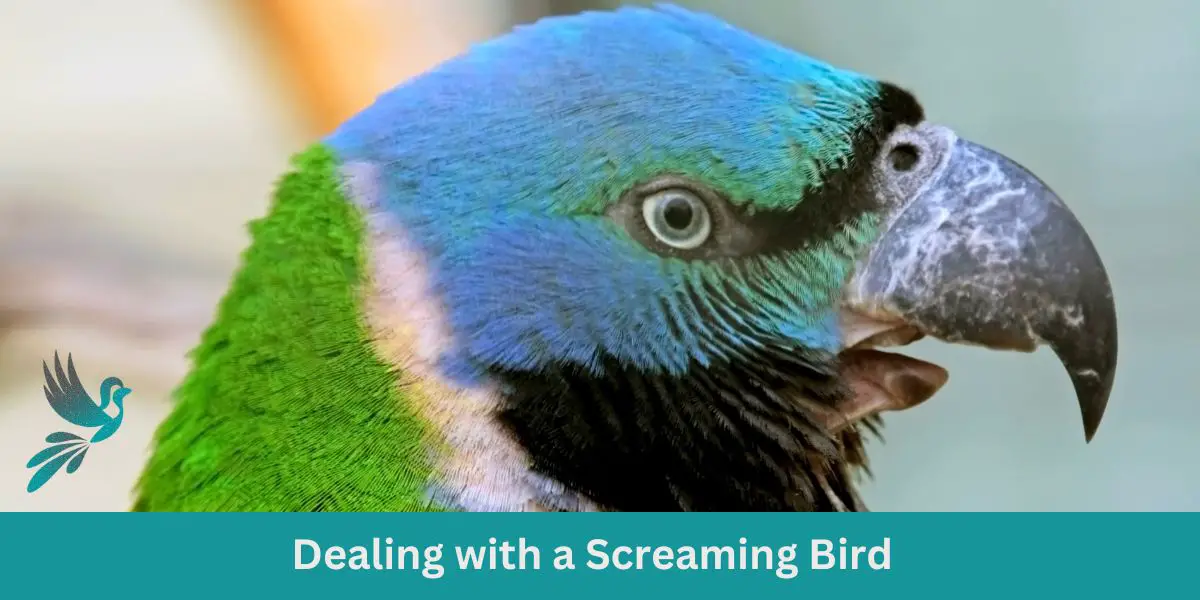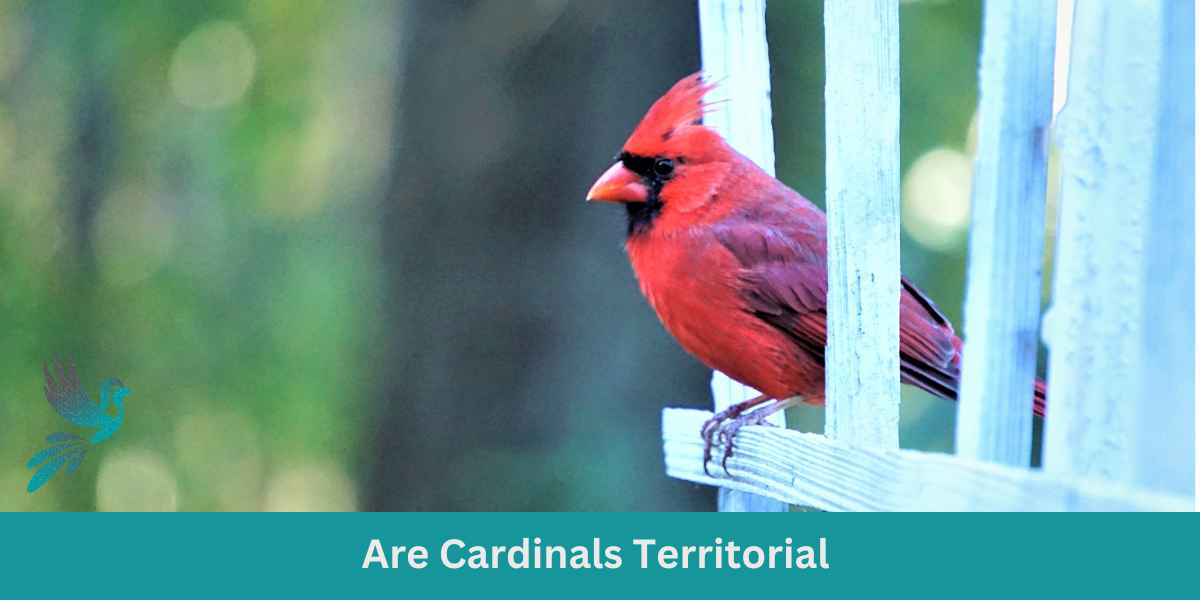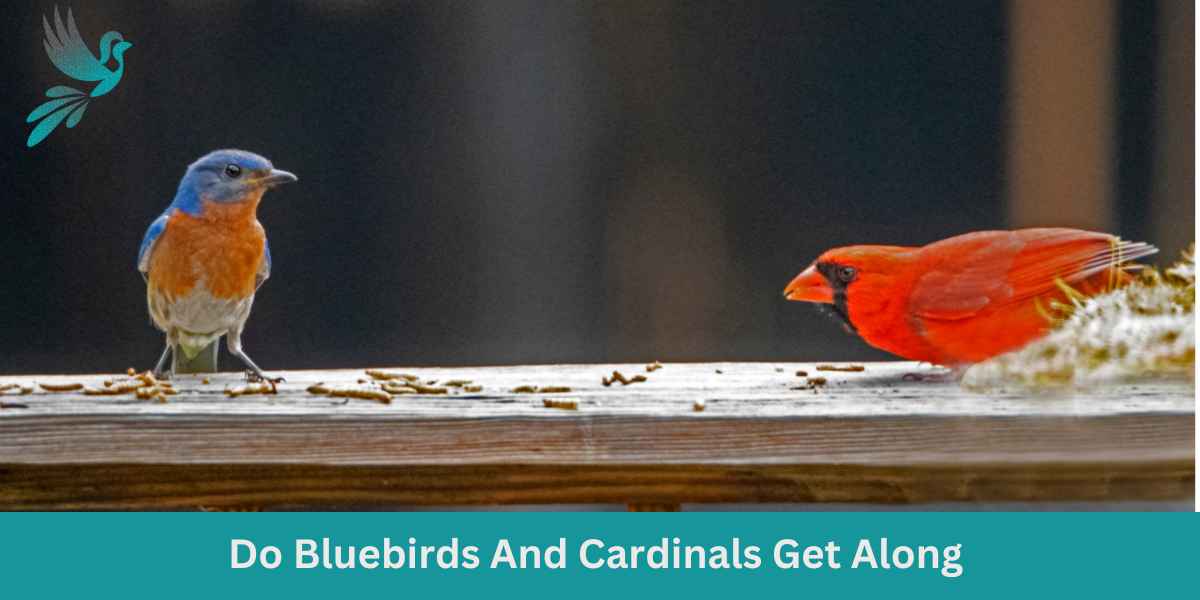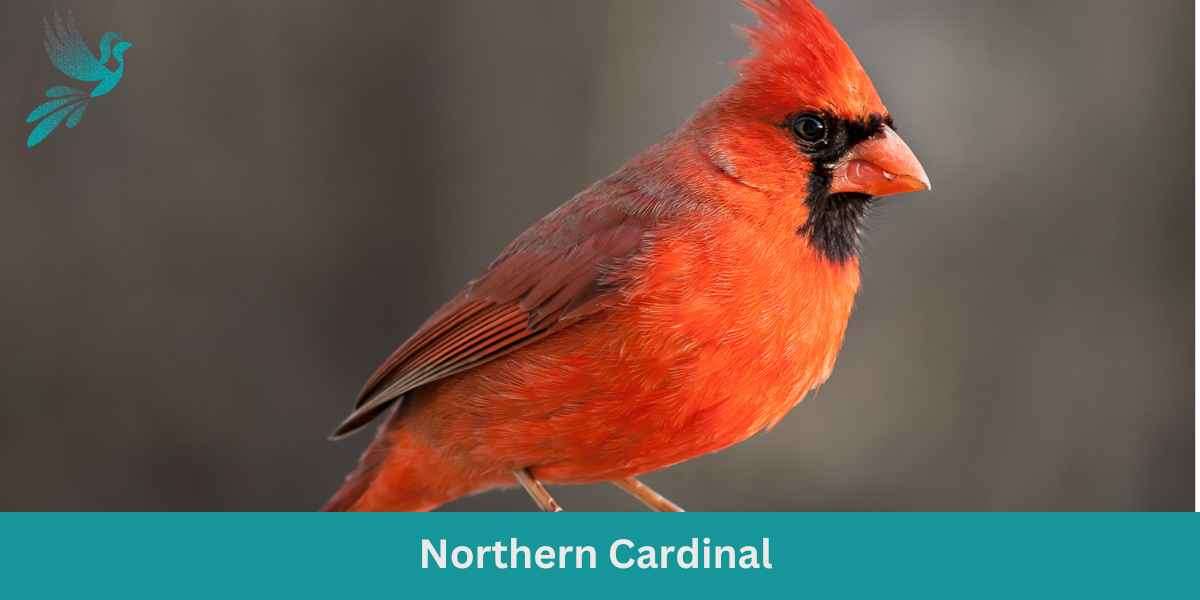Birds are a popular choice for pets due to their beauty and ability to mimic sounds. However, living with a screaming bird can be challenging and stressful. It is important to understand that screaming is a natural behavior for birds, and it can be caused by a variety of factors.
Birds use vocalizations to communicate with each other. They can scream, chirp, whistle, and mimic sounds. Screaming is a natural behavior for birds, and it can be triggered by various factors such as boredom, hunger, fear, or territorial behavior. It is important to understand that screaming is not always a sign of distress or illness, and it is not a behavior that can be completely eliminated. However, there are some tips that can help reduce the frequency and intensity of bird screaming.
Living with a screaming bird can be stressful for both the bird and the owner. There are several ways to deal with a screaming bird, such as providing enough mental and physical stimulation, creating a calm and predictable environment, and rewarding good behavior. It is important to identify the triggers that cause the bird to scream and avoid or minimize them whenever possible. Seeking professional help may also be necessary if the bird’s screaming is excessive or if it is causing harm to itself or others.
Key Takeaways
- Screaming is a natural behavior for birds and can be triggered by various factors.
- Understanding the triggers that cause the bird to scream and minimizing them can help reduce the frequency and intensity of bird screaming.
- Seeking professional help may be necessary if the bird’s screaming is excessive or if it is causing harm to itself or others.
Understanding Bird Screaming
- Natural Vocalization: It’s essential to recognize that some level of vocalization is natural for birds. They sing to communicate, establish territory, and interact with their surroundings.
- Boredom: Birds are intelligent creatures that need regular mental and physical stimulation. A lack of activities can result in increased vocalization as a call for attention or simply something to do.
- Loneliness: Birds are social animals. If they feel isolated, they might scream to call out for company or to hear their echo, which assures them they’re not alone.
- Stress or Fear: Sudden changes in environment, perceived threats, or other stressors can cause your bird to scream.
- Hunger: Just as a baby cries when it’s hungry, a bird might raise its vocal volume to alert you that it’s feeding time.
- Health Issues: Sometimes, a screaming bird might be trying to tell you that it’s in pain or discomfort.
Bird Language
Birds have a complex language that they use to communicate with each other. This language includes a variety of sounds, including chirps, trills, and squawks. Birds use these sounds to communicate a wide range of information, including warnings about predators, calls for mates, and territorial claims.
Screaming as Communication
Screaming is one of the many sounds that birds use to communicate. While it can be loud and annoying to humans, screaming is an important part of a bird’s language. Birds may scream to warn others of danger, to assert their dominance, or to call for their mate.
Species and Screaming
Different bird species have different types of screams. Some birds, like parrots and macaws, are known for their loud and persistent squawking. Other birds, like hawks and eagles, have a piercing screech that can be heard from great distances. Understanding the type of bird that is screaming can help you better understand what it is trying to communicate.
Common Causes of Bird Screaming
Birds can be noisy creatures, and their screams can be quite unsettling for their owners. There are several reasons why birds scream, and it is important to understand the underlying cause to address the issue effectively.
Boredom and Stress
Birds can get bored easily, especially if they are confined to a cage or a small space. Boredom can lead to stress, which can trigger screaming behavior. Birds need mental and physical stimulation to keep them engaged and happy. Owners should provide their birds with plenty of toys, perches, and other items to keep them entertained.
Fear and Anxiety
Birds can become fearful or anxious when they perceive a threat. This can be triggered by anything from a loud noise to the presence of a predator. Birds may scream to warn others of the perceived threat or to scare it away. Owners should identify the source of fear or anxiety and remove it if possible.
Illness and Seizure
Birds may scream if they are in pain or discomfort due to an illness or seizure. This can be a sign that something is wrong and requires immediate attention. Owners should monitor their birds for any signs of illness or seizures and seek veterinary care if necessary.
Jealousy and Attention Seeking
Birds can become jealous if they feel they are not getting enough attention from their owners. They may scream to get their owner’s attention or to express their displeasure. Owners should spend quality time with their birds and provide them with positive reinforcement to encourage good behavior.
Identifying Screaming Triggers
When dealing with a screaming bird, it is important to identify the triggers that cause the bird to scream. By understanding what causes the screaming, you can take steps to prevent it from happening in the first place. Here are some common triggers to consider:
Environment and Routine
The bird’s environment and routine can have a big impact on its behavior. Make sure the bird’s cage is in a quiet area of the house, away from loud noises and distractions. Stick to a consistent routine for feeding, playtime, and sleep to help the bird feel secure and comfortable.
Family and Flock
Birds are social creatures and need interaction with their human family or flock. If your bird is screaming, it may be trying to get your attention. Make sure to spend quality time with your bird every day, playing games and talking to it. Consider getting another bird as a companion if your bird seems lonely.
Toys and Enrichment
Birds need plenty of toys and enrichment activities to keep them mentally stimulated. Make sure your bird has a variety of toys to play with, including chew toys, ropes, and puzzles. Rotate the toys regularly to keep the bird interested. Provide plenty of opportunities for exercise, such as flying or climbing.
Food and Treats
Birds love treats, but too many can cause them to become overweight and unhealthy. Make sure to provide a balanced diet of birdseed, fresh fruits and vegetables, and occasional treats. Find out what your bird’s favorite treat is and use it as a reward for good behavior.
Dealing with a Screaming Bird
- Regular Interaction: Spend quality time with your bird every day. Social interaction can reduce feelings of loneliness and boredom.
- Enrich Their Environment: Introduce toys, perches, and other interactive elements to their habitat. Rotate these toys regularly to keep their environment fresh and engaging.
- Training: Using positive reinforcement techniques, train your bird to understand commands like “quiet” or “hush.” Always reward good behavior with treats or praise.
- Maintain a Routine: Birds thrive on predictability. Try to keep a regular schedule for feeding, playtime, and bedtime.
- Address Health Concerns: Regular vet check-ups can help in early detection of health issues that might be causing discomfort.
- Control External Stressors: Make sure the cage is positioned in a calm environment, away from direct sunlight, drafts, or loud noises.
- Dietary Adjustments: Ensure your bird is getting a balanced diet. Sometimes, specific deficiencies or food allergies can impact behavior.
- Avoid Negative Reinforcement: Yelling back at your bird or showing frustration can inadvertently reinforce the screaming behavior. Instead, stay calm and address the root cause.
Staying Calm and Patient
When dealing with a screaming bird, it is important to remain calm and patient. Birds are sensitive creatures, and they can easily pick up on your emotions. If you become agitated or frustrated, your bird will sense this and may become even more upset.
Instead, try to remain calm and speak to your bird in a soothing tone of voice. This will help to reassure your bird that everything is okay and may help to calm them down.
Positive Reinforcement
Positive reinforcement is a powerful tool for training birds. When your bird behaves well, be sure to reward them with treats, praise, or toys. This will help to reinforce good behavior and encourage your bird to continue behaving well.
When dealing with a screaming bird, try to reward them when they are quiet. For example, if your bird stops screaming, give them a treat or some praise. This will help to reinforce the idea that being quiet is a good thing.
Training Techniques
Training your bird to stop screaming can take time and patience. One effective technique is to teach your bird to “step up” onto your hand or a perch. This can be done by placing your hand or the perch near your bird and saying “step up” in a calm, clear voice. When your bird steps up, reward them with treats or praise.
Another technique is to discipline your bird by putting them in a time-out. This can be done by placing your bird in a separate room or cage for a short period of time when they start screaming. This will help to teach your bird that screaming is not acceptable behavior.
When to Seek Professional Help
Dealing with a screaming bird can be a challenging and frustrating experience. While there are several tips and techniques that can help you manage your bird’s behavior, there may come a time when seeking professional help is necessary.
Veterinarian Consultation
If your bird’s screaming behavior is sudden or severe, it is important to schedule a consultation with a veterinarian. Screaming can be a sign of an underlying medical condition, such as pain, illness, or injury. A veterinarian can perform a physical examination and run diagnostic tests to determine if there is an underlying medical issue causing your bird’s behavior.
Behavioral Problems
If your bird’s screaming behavior is not related to a medical issue, it may be a sign of a behavioral problem. In this case, seeking the help of a bird behavior specialist may be necessary. A behavior specialist can help you identify the root cause of the behavior and develop a plan to manage it.
Behavioral problems can be caused by a variety of factors, including boredom, lack of socialization, or fear. A behavior specialist can provide advice on environmental enrichment, training techniques, and other strategies to help manage your bird’s behavior. They can also provide guidance on how to establish a positive relationship with your bird and build trust.
Frequently Asked Questions
How to stop parrot from screaming for attention
There are a few things you can try to stop your parrot from screaming for attention. First, make sure your bird is getting enough mental and physical stimulation throughout the day. Offer toys, puzzles, and activities that your bird enjoys. You can also try training your bird to do tricks or play games with you. If your bird is screaming for attention, try giving them attention on your terms. Wait for a moment of quiet and then give your bird attention. This will teach your bird that screaming does not get them what they want.
Conure screaming for attention
Conures are known for being vocal birds, so it’s not uncommon for them to scream for attention. However, if your conure is screaming excessively, it’s important to address the behavior. Make sure your bird is getting enough mental and physical stimulation throughout the day. Offer toys, puzzles, and activities that your bird enjoys. You can also try training your bird to do tricks or play games with you. If your bird is screaming for attention, try giving them attention on your terms. Wait for a moment of quiet and then give your bird attention. This will teach your bird that screaming does not get them what they want.
What does it mean when a bird keeps screaming?
There are several reasons why a bird might keep screaming. It could be a sign of boredom, anxiety, or a need for attention. It’s important to address the behavior and try to determine the underlying cause. Make sure your bird is getting enough mental and physical stimulation throughout the day. Offer toys, puzzles, and activities that your bird enjoys. You can also try training your bird to do tricks or play games with you. If your bird is screaming for attention, try giving them attention on your terms. Wait for a moment of quiet and then give your bird attention. This will teach your bird that screaming does not get them what they want.
How do you discipline a screaming parrot?
Disciplining a screaming parrot can be tricky. It’s important to remember that punishment is not effective and can actually make the behavior worse. Instead, try to address the underlying cause of the behavior. Make sure your bird is getting enough mental and physical stimulation throughout the day. Offer toys, puzzles, and activities that your bird enjoys. You can also try training your bird to do tricks or play games with you. If your bird is screaming for attention, try giving them attention on your terms. Wait for a moment of quiet and then give your bird attention. This will teach your bird that screaming does not get them what they want.
Should you ignore a screaming parrot?
Ignoring a screaming parrot can be an effective way to stop the behavior. However, it’s important to remember that this is not a punishment. Instead, it’s a way to teach your bird that screaming does not get them what they want. Wait for a moment of quiet and then give your bird attention. This will teach your bird that quiet behavior is rewarded.
How do you calm a distressed bird?
If your bird is distressed, it’s important to address the underlying cause of the behavior. Make sure your bird is in a comfortable environment with plenty of mental and physical stimulation. Offer toys, puzzles, and activities that your bird enjoys. You can also try training your bird to do tricks or play games with you. If your bird is distressed, try to remain calm and speak to your bird in a soothing voice. Offer comfort and reassurance, and try to determine the underlying cause of the behavior.






Leave a Reply